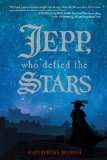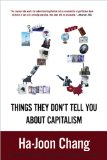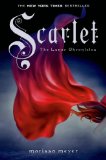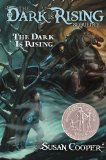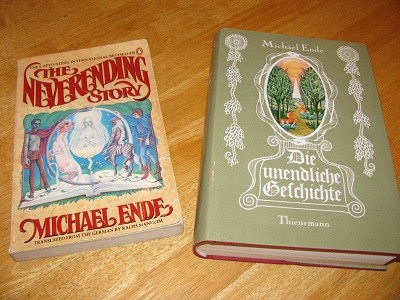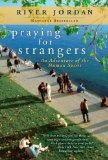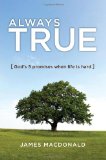Review of Jepp, Who Defied the Stars, by Katherine Marsh
by Katherine Marsh
Hyperion, New York, 2012. 385 pages.
Jepp, Who Defied the Stars is the fictional story of a court dwarf who served at the castle of astronomer Tycho Brahe. Now if, like me, you didn’t know that Tycho Brahe had a castle, let alone a dwarf jester, you’ll find the details of the time period fascinating.
Jepp’s story is one of someone marginalized who attempts to rise above his fate. Unfortunately, for me, that part was good, but didn’t really hit me deeply. I didn’t quite buy Jepp’s motivation along the way. This may be because I strongly dislike books written in the present tense. This book disguises it by presenting the first part as Jepp describing what happened in the past to have him wind up in a cart traveling to Denmark. It’s probably no coincidence that I found the first part, with Jepp in the court of the Infanta, much more compelling than the later part in Tycho Brahe’s castle. That’s probably because everything in Tycho Brahe’s castle is told in present tense, and I couldn’t quite overlook how that annoys me in a book (she said, while using it in a review).
But that may simply be my unreasonable bias. As I said, though, the historical details are fascinating. And the lives of court dwarves give the reader something to ponder over. The overarching question — do the stars determine our fates? might seem old-fashioned, but I like what the author does with it. Truly we can be more than the person we are born to be.
Find this review on Sonderbooks at: www.sonderbooks.com/Childrens_Fiction/jepp.html
Disclosure: I am an Amazon Affiliate, and will earn a small percentage if you order a book on Amazon after clicking through from my site.
Source: This review is based on a library book from the Fairfax County Public Library.
Disclaimer: I am a professional librarian, but I maintain my website and blogs on my own time. The views expressed are solely my own, and in no way represent the official views of my employer or of any committee or group of which I am part.
Please use the comments if you’ve read the book and want to discuss spoilers!
